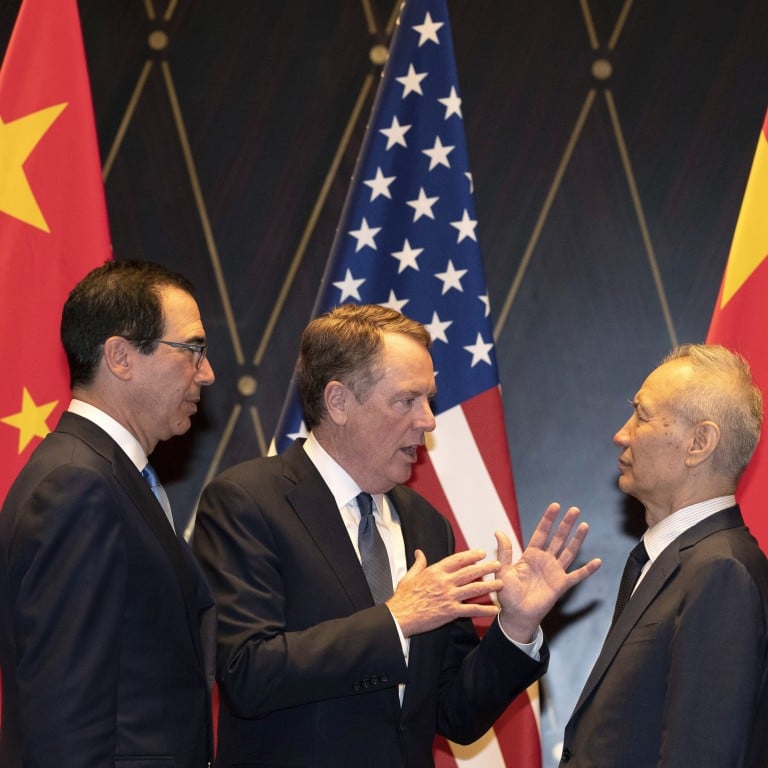
US-China trade talks: the five mistakes Trump’s team keeps making
- Trump needs to learn some manners, resist the attempt to crow at concessions and stay in the background so negotiators can work behind closed doors
- Crucially, the US should focus on market access and forced technology transfer instead of tariffs, and gather like-minded allies to approach China multilaterally
Why? Because the Trump team makes the same five mistakes, over and over again.
Second, as I discovered in my own efforts to set up the first joint venture between an American commercial bank and a Chinese one in the second decade of this millennium, Chinese negotiators are generally polite to each other. Even when they have the most difficult messages to deliver, in most cases, they do so politely.
It afforded me an opportunity to change course without losing face, But if I had been in the foreground, course correction would have been difficult at best, and perhaps impossible.
Fourth, Trump fails to give President Xi Jinping face. His challenges are always very public. And, when the Chinese side appears to be giving in, he beats his chest and declares victory.
How the bromance between Trump and Xi fizzled out
By doing so, he forces China to backtrack. Negotiations should be handled behind closed doors. If you gain concessions, you should respond by praising your opponent. Giving face in public mitigates the probability of your opponent backtracking.
In short, he should give Xi more face. Trump should lead from behind, empowering his negotiators, and to the extent possible, he should remain invisible, so as to give himself maximum flexibility and his negotiators maximum latitude, and to maintain his dignity.
Chinese companies have so much more latitude to operate in the US than American companies have in China. He could insist on reciprocity. And to the extent that it is not granted, he could deny it to China as well.
Finally, Trump would have a greater chance of success if he worked together with other like-minded countries.
The only thing that Roosevelt forgot to mention was: do not go it alone. When Trump acts unilaterally, he plays right into Xi’s hands. Trump needs to gather allies, and to approach China multilaterally. It will increase his leverage.
The key to success is power coupled with kindness. Finally, if he does succeed, he should not crow about it. That in itself may be his biggest challenge.
Ken Wilcox is chairman of the Asia Society of Northern California

